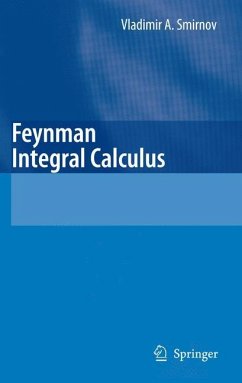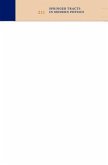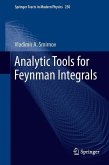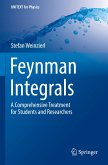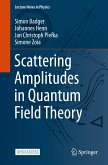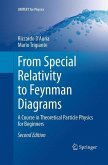This is a textbook version of my previous book [190]. Problems and solutions have been included, Appendix G has been added, more details have been presented, recent publications on evaluating Feynman integrals have been taken into account and the bibliography has been updated. 1 ThegoalofthebookistodescribeindetailhowFeynmanintegrals canbe evaluatedanalytically.TheproblemofevaluatingLorentz-covariantFeynman integrals over loop momenta originated in the early days of perturbative quantum ?eld theory. Over a span of more than ?fty years, a great variety of methodsforevaluatingFeynmanintegralshasbeendeveloped.Mostpowerful modern methods are described in this book. Iunderstandthatifanotherperson-inparticularoneactivelyinvolvedin developing methods for Feynman integral evaluation - wrote a book on this subject, he or she would probably concentrate on some other methods and would rank the methods as most important and less important in a di?erent order. I believe, however, that my choice is reasonable. At least I have tried to concentrate on the methods that have been used recently in the most sophisticated calculations, in which world records in the Feynman integral 'sport' were achieved.
From the reviews: "The book is based on the courses of lectures given by the author in the two winter semesters of 2003-2004 and 2005-2006 at the University of Hamburg as a DFG Mercator professor in Hamburg as well as on the course given in 2003-2004 at the University of Karlsruhe. It will be useful for postgraduate students and theoretical physicists specializing in quantum field theory." (Michael B. Mensky, Zentralblatt MATH, Vol. 1111 (8), 2007)

